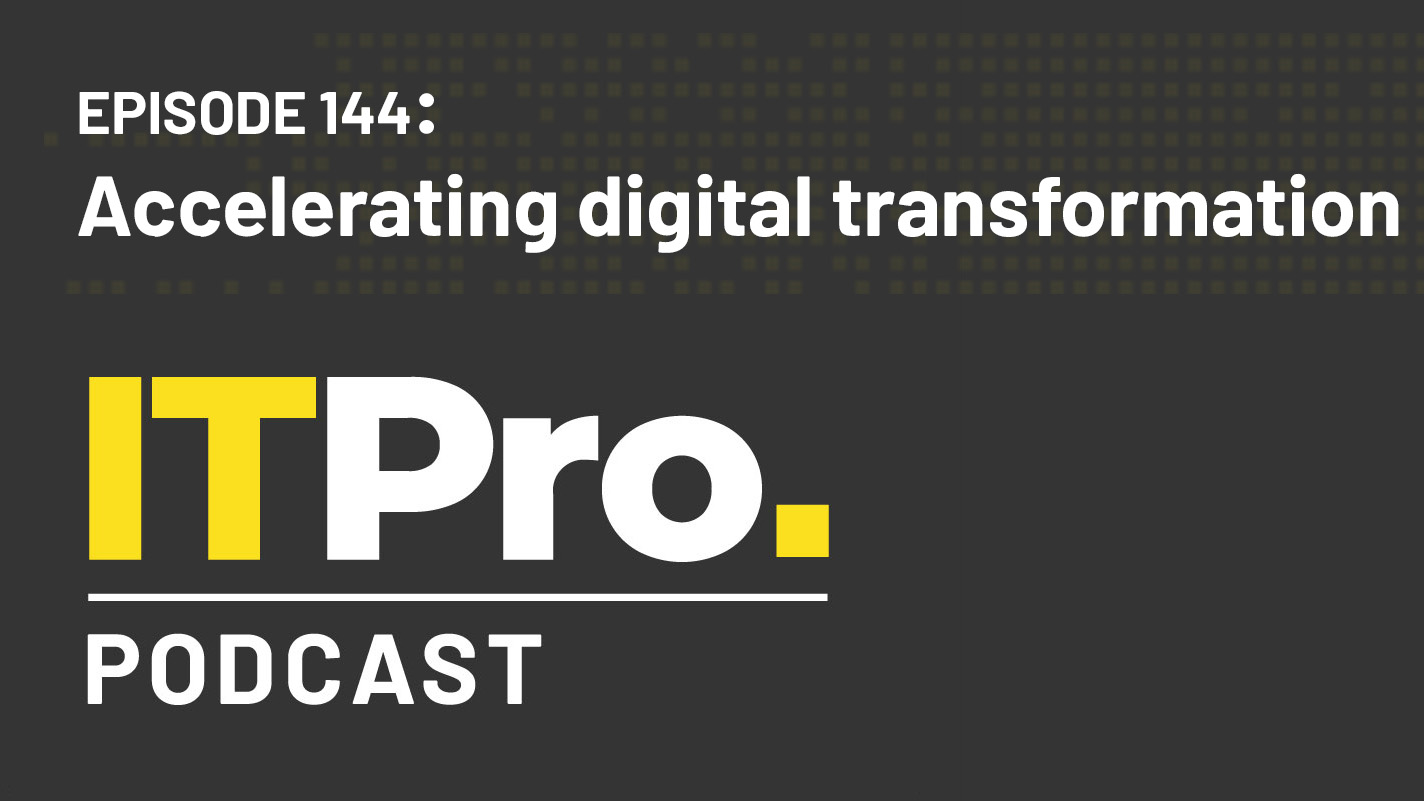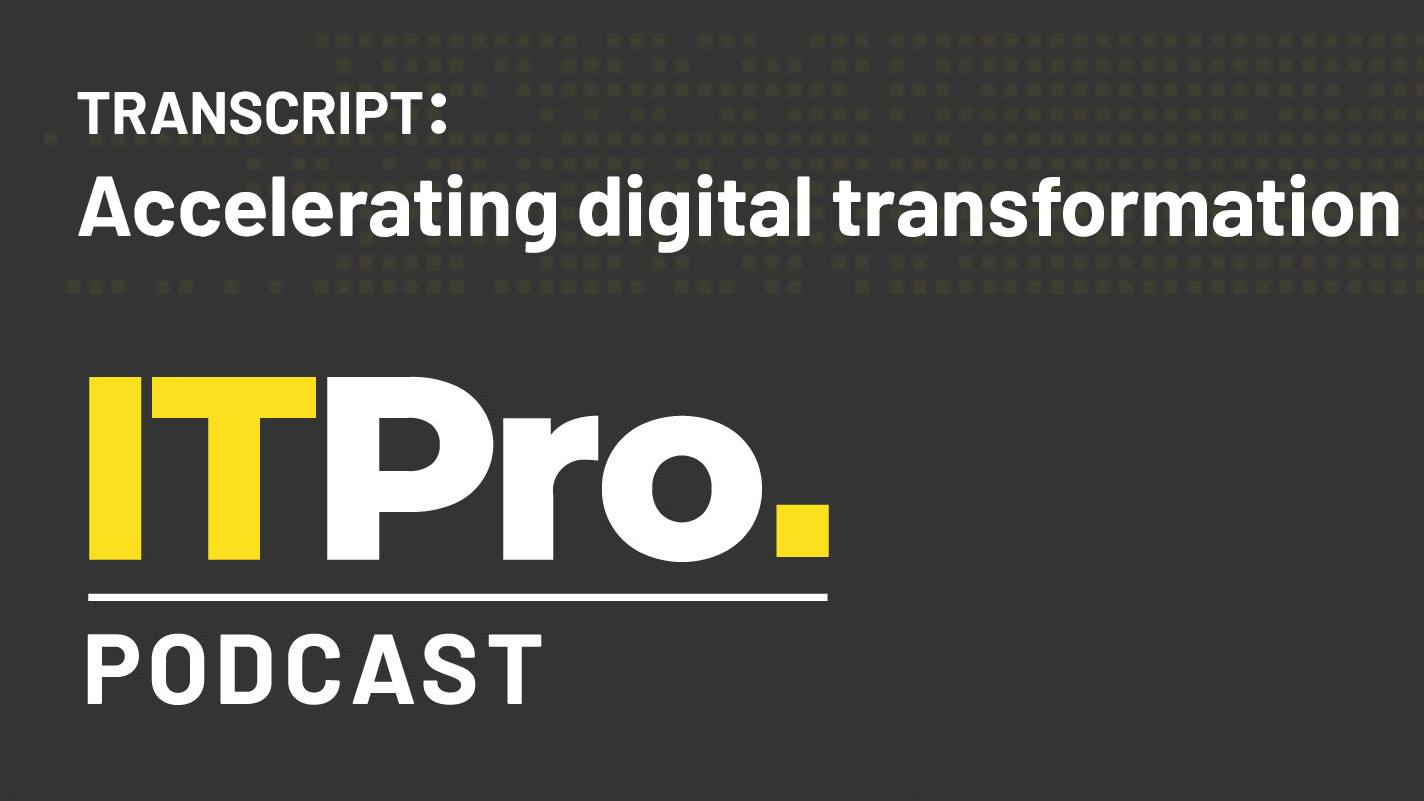CDO backlash and digital strategy
CIOs and CDOs have a real opportunity to work together when it comes to digital governance, according to Mark Samuels.


The backlash against the rise of the chief digital officer (CDO) has started. The speed of IT transformation is now such that no sooner is a new trend spotted than the cynics begin to doubt its validity. The CDO role is not immune from such cynicism.
Hype around the significance of the role entered overdrive from late 2012, when analyst Gartner first predicted that 25 per cent of firms would have a CDO by 2015. The clock is ticking towards that deadline and lack of progress leaves some IT experts to question the significance of the role.
There are already more than 100 CDOs serving in large organisations, which is more than double the number in-situ in late 2012.
I've spoken to a number of executives, both CIOs and their non-IT peers, who believe the significance of the CDO role has been overplayed. Such leaders understand digital is core to modern businesses, but some struggle to understand why their firm would need a specialist to manage the use of data.
Does a traditional manufacturing firm, responsible for producing widgets as part of a larger production cycle, really need a digital strategy? If it does, what does the strategy look like, and who is responsible for its creation and execution?
Gartner recently provided an update. The firm still expects a quarter of large organisations to have a CDO in place by 2015. It suggests there are already more than 100 CDOs serving in large organisations, which is more than double the number in-situ in late 2012.
Sign up today and you will receive a free copy of our Future Focus 2025 report - the leading guidance on AI, cybersecurity and other IT challenges as per 700+ senior executives

Mark Samuels is a freelance writer specializing in business and technology. For the past two decades, he has produced extensive work on subjects such as the adoption of technology by C-suite executives.
At ITPro, Mark has provided long-form content on C-suite strategy, particularly relating to chief information officers (CIOs), as well as digital transformation case studies, and explainers on cloud computing architecture.
Mark has written for publications including Computing, The Guardian, ZDNet, TechRepublic, Times Higher Education, and CIONET.
Before his career in journalism, Mark achieved a BA in geography and MSc in World Space Economy at the University of Birmingham, as well as a PhD in economic geography at the University of Sheffield.
-
 What the fragmentation of UC means for the channel
What the fragmentation of UC means for the channelIndustry Insights If communications are becoming fragmented, what does that mean for MSPs and VARs?
-
 How SMBs can DIY their IT implementation and support
How SMBs can DIY their IT implementation and supportFeature For some small and medium-sized businesses, the third-party expertise and support might be out of reach. What’s the alternative?
-
 Protecting CIOs' IT budgets is "paramount" in maintaining business growth
Protecting CIOs' IT budgets is "paramount" in maintaining business growthNews If CIOs are forced to make emergency budget cuts, they should also explain the risks to high level stakeholders so the responsibility is shared
-
 The IT Pro Podcast: Accelerating digital transformation
The IT Pro Podcast: Accelerating digital transformationIT Pro Podcast Implementation is just as important as the value of change
-
 Podcast transcript: Accelerating digital transformation
Podcast transcript: Accelerating digital transformationIT Pro Podcast Read the full transcript for this episode of the IT Pro Podcast
-
 Fit-for-purpose IT infrastructure for digitally determined organisations
Fit-for-purpose IT infrastructure for digitally determined organisationsWhitepaper Your innovation engine: Guiding organisations through change in the new digital economy
-
 IT Pro News in Review: CIOs face a challenge, Ofcom's telecom fines, Apple expands Xcode
IT Pro News in Review: CIOs face a challenge, Ofcom's telecom fines, Apple expands XcodeVideo Catch up on the biggest headlines of the week in just two minutes
-
 CIO role has 'drastically changed' over last 24 months, says Lenovo
CIO role has 'drastically changed' over last 24 months, says LenovoNews Globally survey suggests chief information officers have greater influence over their company now the role has expanded beyond technology
-
 How can CIOs help to close the tech skills gap?
How can CIOs help to close the tech skills gap?In-depth The most well-equipped IT leaders can take a number of practical steps to close the divide within their organisations
-
 What is a virtual CIO (vCIO) and does your business need one?
What is a virtual CIO (vCIO) and does your business need one?In-depth With tech skills in short supply, organisations are turning to temporary expertise to see through critical digital transformation projects